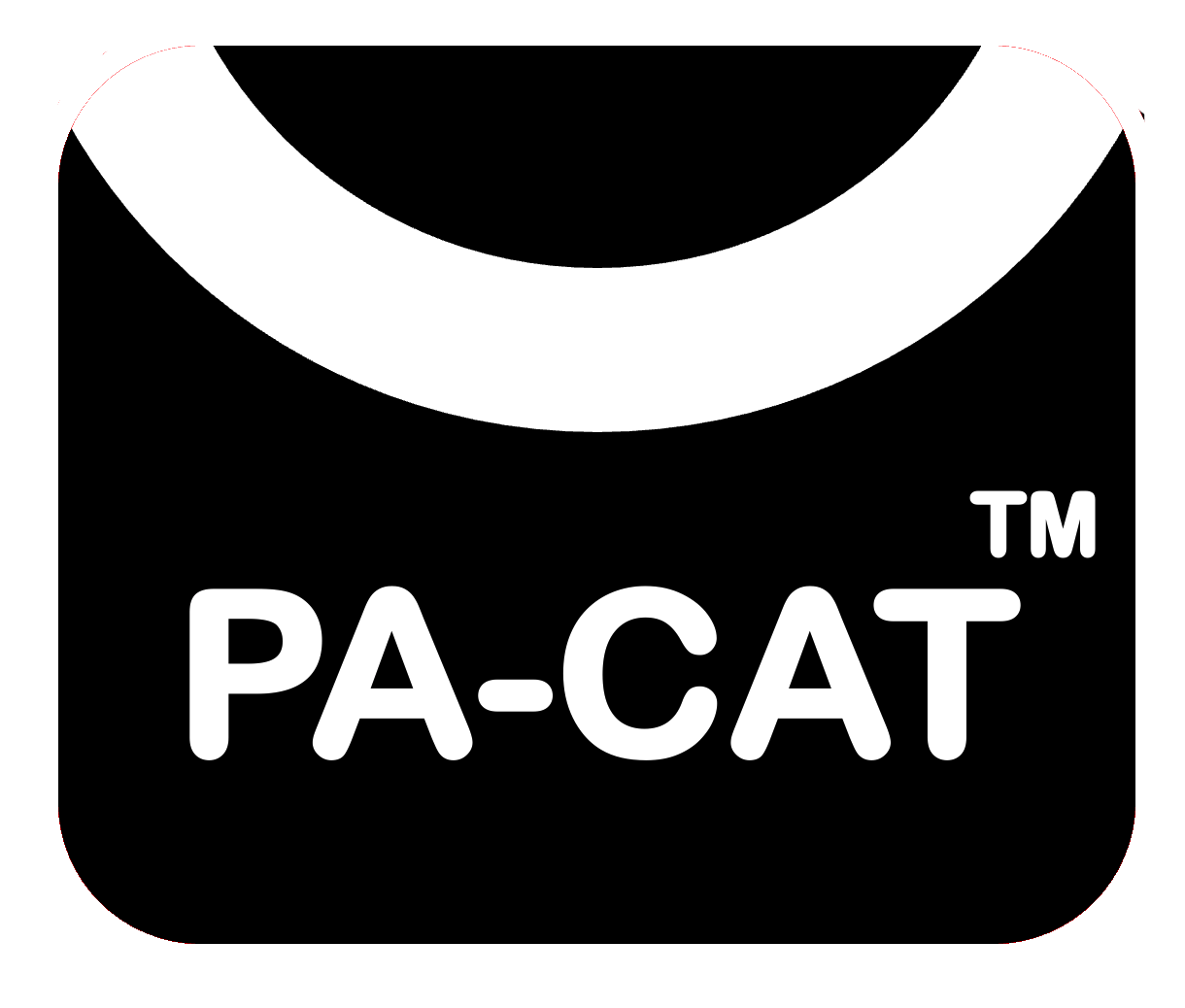Phased array technique for inspection and measurement of contact point corrosion
Introduction to PA-CAT
B-Scan Tracking (coming in ver8)
Use the equipment you already have
PA-CAT uses industry standard phased array instruments, transducers, wedges, and scanners to accurately detect and measure contact point corrosion on piping and vessels. It is compatible with major OEM equipment including Sonatest, Evident and Eddyfi.
Standard 32-element transducers at 2.25MHz or 5MHz are recommended, in combination with wedges contoured for the inspection surface and scan orientation.
Scanner solutions from Jireh Industries include the specially designed PA-CAT Stix scanner, as well as the possibility to use existing scanners such as the Rotix and Microbe.
PA-CAT licensees around the world:
Canada & United States
United Kingdom
The Netherlands
Thailand & Vietnam
Qatar
Australia
Get quantitative results
PA-CAT generates a “river bottom” plot along the scan length. The patented algorithm is based on modeling the results of phased array sound transfer across dozens of real corrosion profiles. The dataset is constantly being expanded, with new pipe sizes and corrosion morphology compatiblities being added regularly.
Current Algorithm Version 11 Features
Two-stage, dynamically blended (point-by-point) analysis
New pulse-echo edge detection feature for estimation of width and plan view imaging
B-scan tracking ability to better isolate corrosion signals from material artefacts
Image preview of input data files
Output formats include image plots, formatted Word (.docx) report and tabular data (.xlsx)
Pipe sizes from 2-inch STD (3.9mm) to flat plate (15.9mm)
Compatibility with Omniscan, Veo and Gekko platforms
PA-CAT results compared to Creaform laser scan
Creaform data (yellow) overlaid on photo of corrosion feature
Pipe size range
PA-CAT has been tested on pipe from 2” and up, and thicknesses from 0.153” (3.9mm) to 0.625” (15.9mm). Scanning can be performed in either the axial and circumferential directions. Typical probe spacing is based on pipe diameter and thickness, but ranges from 25x to 40x the wall thickness.
The accompanying chart applies to algorithm version 8.
Cloud-based analysis license
PA-CAT is an online analysis service. Data subsets are easily exported from the instrument and submitted to the algorithm. Results are available immediately.
License terms are on a yearly or quarterly basis for up to 5 users per client with unlimited uploads.
Contact us for more information, or to schedule a live demonstration.
Versatility
Jireh scanner in COD configuration (courtesy Bilfinger UK)
Jireh scanner in AOD configuration (courtesy Atlas 365 UK)










